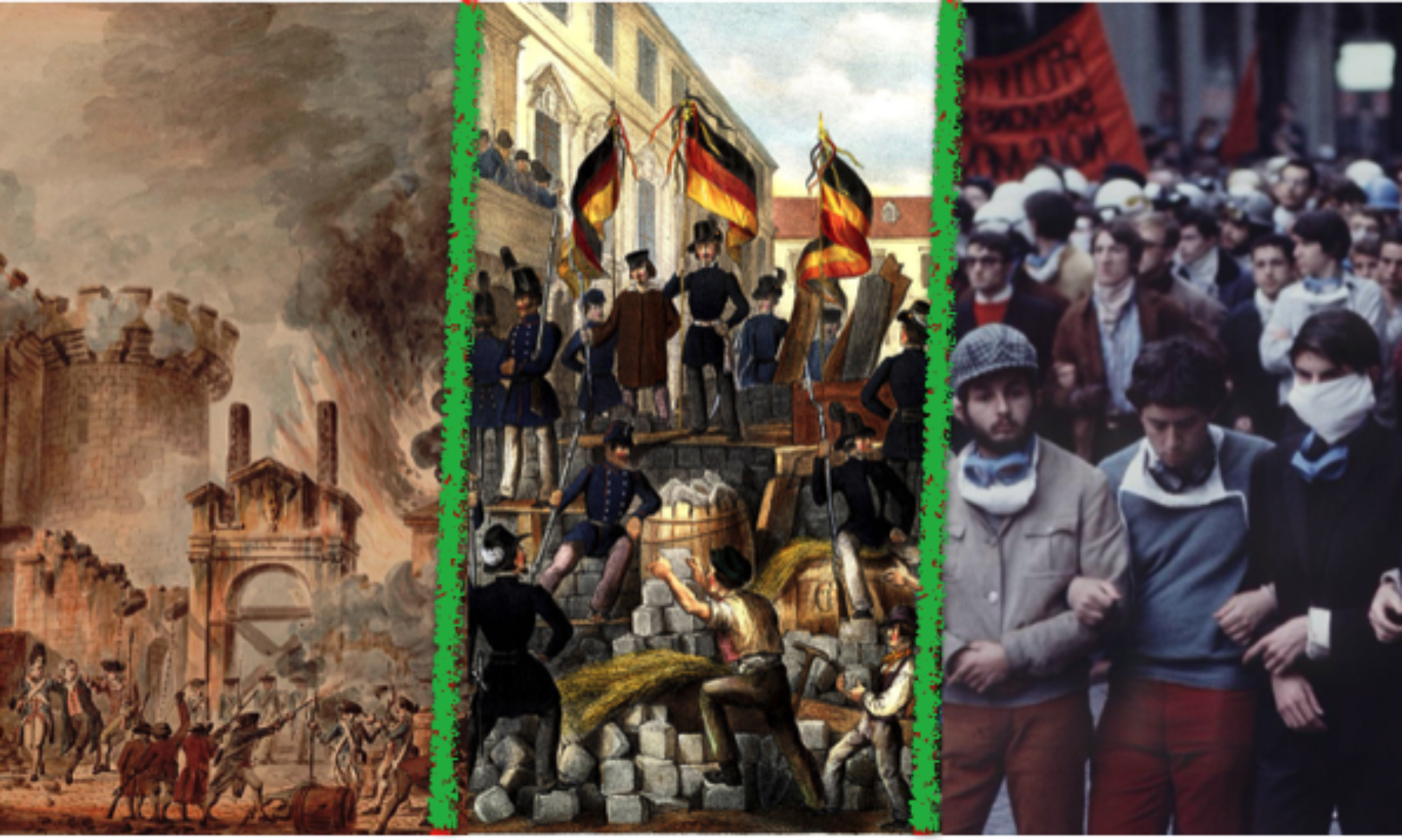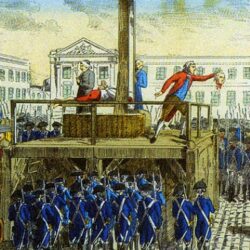Chapter three had a lot of moving pieces as the author tries to layout all the dynamics of the 1848 revolutions. I know that I cannot keep all the moving parts organized, but I found the ending of this chapter fascinating. We are illuminated in Chapter 4 of what happens next, but I would like to take a moment and focus on the rhetorical questions begin asked:
Would the newly created regimes be liberal ones, that is constitutional monarchies with a limited, property franchise, or democratic – that is republics with universal manhood suffrage? Equally unresolved were key questions of political power. Who would command the National Guard, what weapons would it have, and who would be entitled to bear them?Where would the ultimate base of power lie, with government ministers responsible to an elected parliament, or with a royal or presidential camarilla? With an elected legislature or the radicalized masses of a capital city? (155-156)
Imagine you are a middle-class worker or peasant in Europe at the end of these revolutions. How would you feel about all of these unanswered questions? Now, how are we supposed to think about the emergence of a “free press” and public “political organizations”? These are super difficult cultural shifts for me to wrap my head around because I have always had these rights. What is everyone else thinking about all of these moving pieces?



I agree with Sydney, it was also difficult for me to put myself into this time period when freedom of speech (free press) was not available and political organizations held their meetings in secrecy (if they even held them). Personally, I feel like there are always unanswered questions and there will always be grey areas when building societies and finding a new sense of leadership/government.